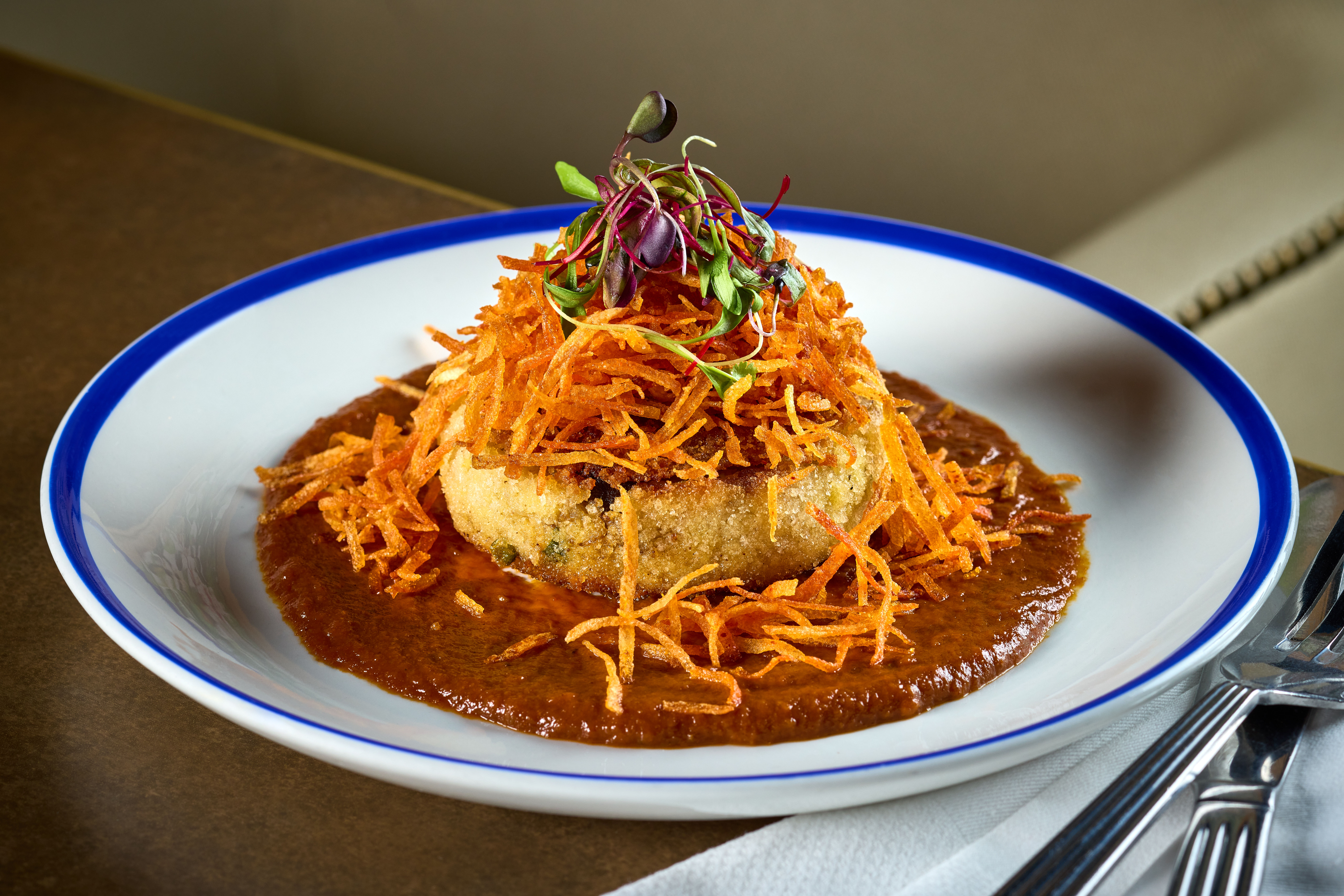There are many things that may make us fearful — crimes, scary movies, rats and snakes, for example — but food should not be one of them. We need to eat to survive, and we should feel free to pick the foods we want and not feel guilty, afraid or ashamed by what we choose. Yet, headlines talk about “The Five Worst Foods for Health” or “Foods You Should Never Eat.”
Granted, some foods have greater nutritional value or health-promoting properties, but that does not necessarily make them the best and every other food the worst. At the end of the day, the only foods you should be afraid of are those named in a food recall, those to which you are allergic or intolerant or those that are spoiled. That’s a relatively short list.
Yet, some nutrition “experts” have created a culture of food blaming and ingredient shaming. Sugar, gluten and fat are often on the do not eat list. News flash: If you removed all the sugar from your diet, you would be limited to eating meat and oil. Yep: fruit, vegetables, dairy and grains all contain sugar. Not so sweet, right? What about gluten? This is the protein in wheat, rye, barley and oats. Just eliminating these from your diet results in decreased protein intake, fiber and B vitamins. Not all gluten-free items have the same nutritional profile as their gluten-containing counterparts. Eliminating gluten can be nutrient lootin’.
Whatever you take out of your diet should be replaced with something comparable to ensure you’re not left with a nutritional void. A registered dietitian can teach you how to swap in more healthful options, rather than simply removing more foods from your plate.
For those who think fat is bad, let me remind you that (a) fats makes food taste good, (b) fat is essential for the health of the body and (c) some fat-free foods cost more, while the taste is poor. You don’t need to have an entire dish of olive oil at a sitting, nor does the lettuce need to sag under the ranch dressing, but opting for fat-free may result in eating more than you should or normally would if you included foods with fat in your diet.
What about ingredient shaming? We hear from these “experts” that we shouldn’t eat anything that has too many syllables. Potassium, an essential mineral for health, has four syllables. It’s important for heart health, blood pressure and muscle contraction. Some of the longer words on the ingredient list, like preservatives, are added to provide shelf stability, decrease spoilage and enhance the nutritional quality of the food. One of the goals of food processing is to make foods last. If there were no processed foods, our selection would be limited, our food treks longer and our food costs would be exorbitant.
So where does all this food terror talk leave us? Certainly, food insecurity — or not having enough food — is unacceptable, and a solution needs to be found through increasing the yield from the field, wasting less and improving accessibility and affordability. But there is no place for food insecurity that stems from fear, served up by those who are not nutrition experts. At the end of the day, we need to be in charge of what we consume based on our health goals, food preferences and culinary ability.
Find your own voice of reason in your food choices — choosing to eat local or what is in season, or watching your weight by not overeating. Be mindful of recalls or foods that have mold, and check the expiration dates. Take simple precautions and make sensible choices about what you put on your plate to silence all the uncertainty in the never-ending food debate.
More from U.S. News
10 Healthy Meals You Can Make in 10 Minutes
9 Things That Are Surprisingly Good for Your Health
Diet and Lifestyle Advice for Polycystic Ovary Syndrome
It?s Time to Stop Fearing Foods originally appeared on usnews.com







